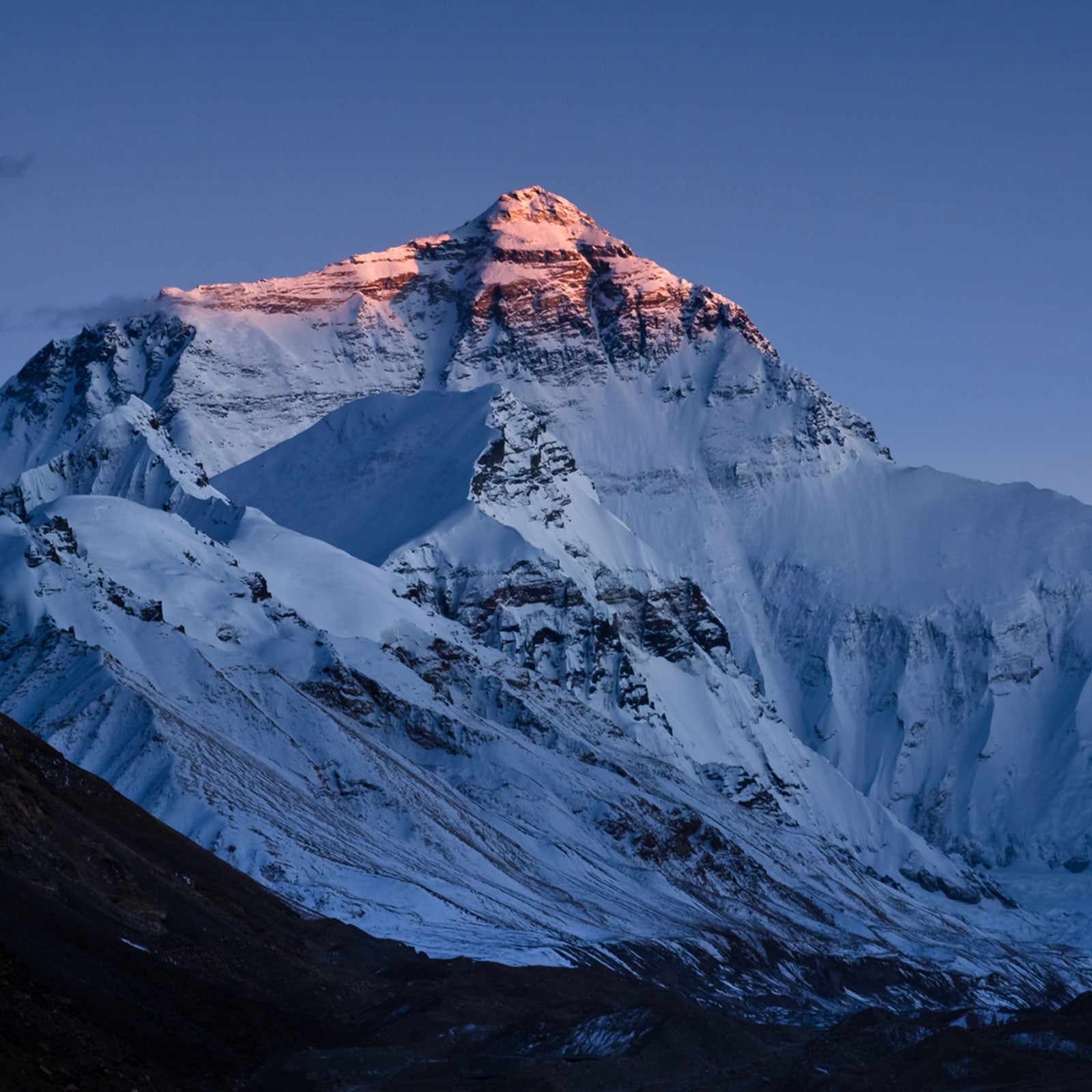In the last two weeks, six of the world’s tallest mountains have seen eight deaths and three climbers go missing (all of whom are presumed dead). And all of this has come before the largest summit push in Everest’s history, which is expected to begin early next week.
The deaths have occurred on Everest, Cho Oyu, Annapurna, Makalu, Kanchenjunga, and Lhotse. They’ve included one Sherpa, two people making bids without supplemental oxygen, and five Indian climbers.
Everest
An Irish climber, Seamus Sean Lawless, 39, went missing at 27,500 feet when he became separated from his group. Witnesses report that he fell near the Balcony, a key feature on the route, then disappeared. Search efforts were called off Friday, when high winds returned to the peak, though friends and family have started a to help pay for continued search-and-rescue efforts.
And Indian climber Ravi Thakar died inside his tent from an altitude-related illness at the 26,000-foot South Col after summiting.
Kangchenjunga
At 28,169 feet, this mountain is known as one of the more difficult 8,000-meter peaks. This week, two Indian climbers, Biplab Baidya and Kuntal Karar, died from altitude-related issues.
Chilean Rodrigo Vivanco is presumed dead after getting separated from his group; he never arrived at camp after summiting.
Makalu
The well-known Peruvian climber, Richard Hidalgo, was found dead in his tent at 20,669 feet on Makalu. He’d spent the previous day with a Sherpa team installing a fixed line for safety. He was climbing without supplemental oxygen.
Indian climber Narayan Singh died of altitude illness at 26,900 feet.
Dipankar Ghos, 52, from Kolkata, India, is missing after he summited on Friday.
Lhotse
Bulgarian climber Ivan Yuriev Tomov was found dead in his tent after summiting Lhotse.
Cho Oyu
Phujung Bhote Sherpa died after falling into a crevasse while fixing rope near Camp 2.
Annapurna
Chinese climber Wui Kin Chin died two days after being rescued from 27,500 feet up Annapurna, considered the deadliest of the fourteen highest peaks. He'd spent three days stranded after developing an altitude-related illness.
We’ll continue to update this article throughout the spring Himalayan climbing season.


